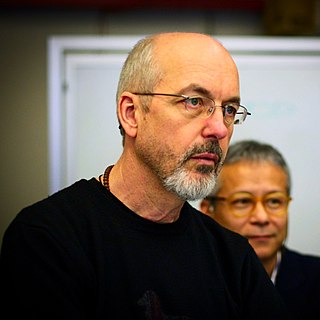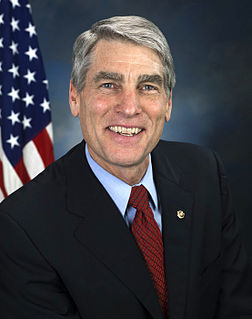A Quote by Wangari Maathai
When resources are degraded, we start competing for them, whether it is at the local level in Kenya, where we had tribal clashes over land and water, or at the global level, where we are fighting over water, oil, and minerals. So one way to promote peace is to promote sustainable management and equitable distribution of resources.
Related Quotes
When you think of all the conflicts we have - whether those conflicts are local, whether they are regional or global - these conflicts are often over the management, the distribution of resources. If these resources are very valuable, if these resources are scarce, if these resources are degraded, there is going to be competition.
The way in which we can promote peace, is by promoting sustainable management of our resources, equitable distribution of these resources, and that the only way you can actually do that, is that then you have to have a political, economic system that facilitates that. And then you get into the issues of human rights, justice, economic justice, social justice, and good governance or democratic governance. That's how it ties up.
Water is ultimately a finite resource. With all finite resources, there is a continuous need for sustainable and equitable management, by capping demand, improving efficiencies in supply and developing substitutes. This exercise is complicated by the sociocultural beliefs, values and affinities around this precious resource.
It is evident that many wars are fought over resources which are now becoming increasingly scarce. If we conserved our resources better, fighting over them would not occur ... protecting the global environment is directly related to securing peace. Those of us who understand the complex concept of the environment have the burden to act. We must not tire, we must not give up, we must persist.
With the growth of the world population, the global climate change and the need for a greater healthy environment, access to water resources has become a crucial condition for the realization of an equitable international order, where the needs of the peoples are effectively addressed. In this regard, the need for international cooperation, including in joint effort with relevant non-state actors, is paramount to ensure water is made available to all without discrimination. Water is a human right, an enabling right, not a mere commodity.
For the Persian poet Rumi, each human life is analogous to a bowl floating on the surface of an infinite ocean. As it moves along, it is slowly filling with the water around it. That's a metaphor for the acquisition of knowledge. When the water in the bowl finally reaches the same level as the water outside, there is no longer any need for the container, and it drops away as the inner water merges with the outside water. We call this the moment of death. That analogy returns to me over and over as a metaphor for ourselves.
Time is a topological manifold. It is a surface. Events flow across it like water over land and like water flowing over land, when the land is flat, the water becomes reflective and moves slowly. When the landscape becomes disrupted, the water moves faster and chaotic attractors appear and new kinds of activity emerge and out of that new activity, there comes the new states that define the future.


































